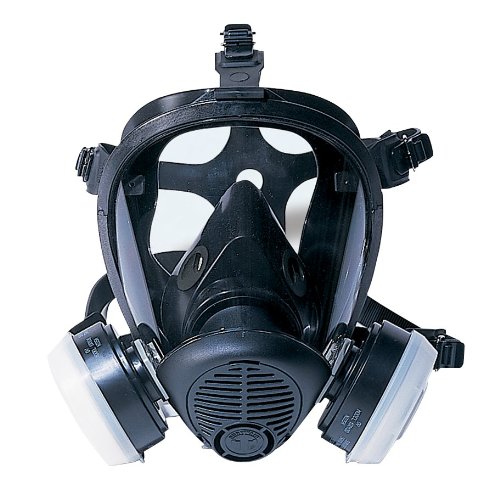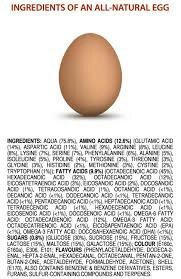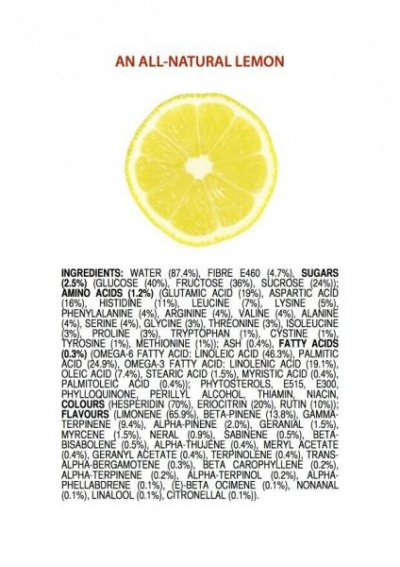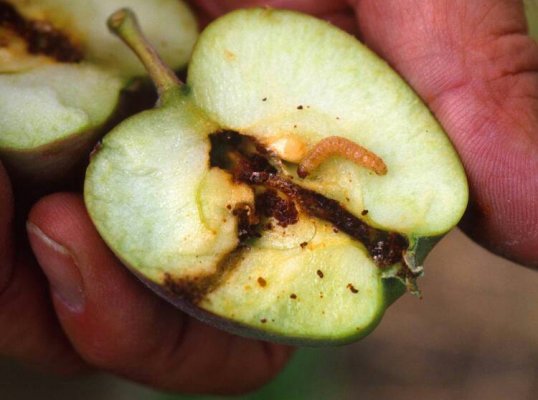i need to add my own 2 cents to this discussion. First, as was stated, all commercially sold pans are safe for cooking use. If a pan maker were found to be suing hazardous materials in the pan construction, they would be chastised severely by EPA, USDA, Consumer Fraud, etc. However, that doesn't mean they are all as good as each other.
My thoughts on the matter:
Cast iron - the iron is sealed in a layer of carbon after the pan is properly seasoned. This carbon is slippery and renders the pan virtually non-stick. Acidic and alkali substances never touch the metal. Cast iron, when brought to temperature, grills and browns better that other pans due to its ability to hold heat. That is, iron is a poor conductor of heat and electricity. It takes significant heat to get the pan to temperature. There will be hot-spots on the cooking surface due to its poor heat conducting properties. The same is true of Stainless Steel and high carbon steal pans.
High Carbon Steel - hears more quickly than does cast iron, but otherwise is the same. It too requires proper seasoning.
Stainless Steel - When heated to cooking temperature, then adding oil to lightly coat the cooking surface, then adding the food, SS is as non-stick as are most pans. Unlike cast iron, the metal resists rusting and staining. the base metal can corrode, discolor, and/or pit. Like properly seasoned CI, high carbon steel, and mineral pans, they are non-reactive with foods, and can be used for both high, and low PH foods.
Aluminum - people have the erroneous that aluminum won't rust. They are correct, though it does corrode quickly when in contact with salt and water, or corrosive PH foods. Bare aluminum will leach into foods, just as will iron and steel materials. The pans are good conductors fo heat, and so maintain a more uniform cooking temperature that their iron-based cousins.
Copper - Copper is highly susceptible to corrosion, and must be tinned to be safe for cooking. Copper is a heavy metal. Consumption of copper can be poisonous. It has the highest thermal conductivity of metals commonly used for cooking vessels, followed by aluminum. It is often sandwiched between sheets of steel to better distribute the heat through the pan.
Teflon - PTFE - A non-stick coating that is applied to a metal substrate. It's slippery stuff and can out-gas poisonous fumes if overheated. Used properly, it is safe, and is ideal for making omelets, fried eggs, pancakes, crepe's, etc. It is used over a low to medium flame and so is not great for browning meats and veggies. A problem with Teflon is that it is relatively soft and can easily be damaged by misuse. Like all pans, teflon must have a light coating of oil on it to work properly.
Most metal pans can be nearly ass non-stick, or even more so than Teflon if proper technique is used.
Ceramic pans are the new kid on the block. Ceramic coating are heat-safe, and are much harder and more durable than Teflon or its cousins. The pans need a bit of oil in them to attain their non-stick properties. I've used them, but not the cheap ones. I suspect the cheaper ceramic pans won't provide good wear or good non-stick characteristics. The saute' pan I used was good quality, with sloping sides, and the food moved around the cooking surface effortlessly.
One more tip: There are others here who will say I'm crazy to say this, but aluminum pans (without non-stick coatings) work better when seasoned, just like you would season cast iron or high-carbon steel. The patina that is formed is the same as that formed on the ferrous pans. I know this because I did it, and the aluminum pan I'd purchased stated that the pan needed to be seasoned for best cooking results.
I didn't look up any of this, but give my summation of the different pans from over thirty-five years of cooking experience, and many experiments.
I've not found the need to purchase the high-end pans, except for my lasagna pan, but have used them at other people's homes. I find that a three-hundred dollar frying pan cooks no better that a twenty dollar cast-iron frying pan. I normally cook over a gas flame, and have to take care not to use too much heat. When I get impatient, I burn things. That's not the fault of the pan, but the fault of the cook.
Each type of pan that I have listed has its strengths, and weaknesses. All work well, and are safe when used properly, and for the kinds of foods that they are designed to cook.
I hope this little dissertation is helpful.
Um, maybe that was a dollars worth of discussion rather than 2 cents. Ahhhahahaha!
Seeeeeya; Chief Longwind of the North



 That's not a good thing.
That's not a good thing.


